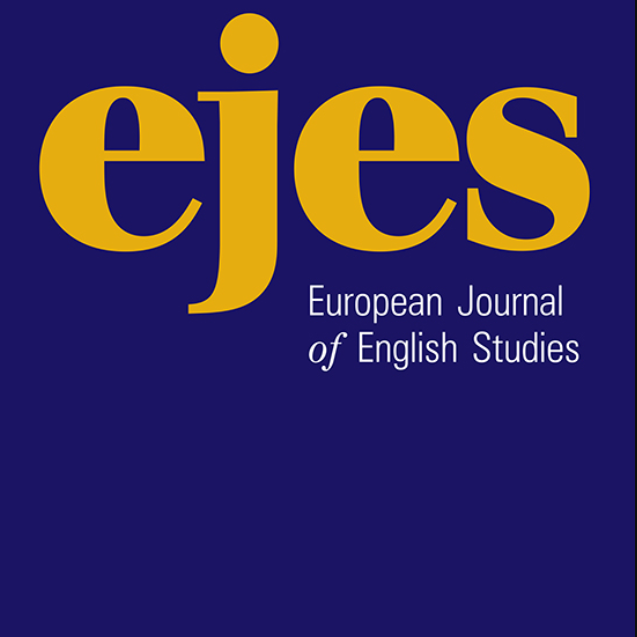Kennisbank
Reciprocal interactions and complex negotiations: three nineteenth-century models of patronage

This article suggests that patronage relationships can be interpreted in terms of gift exchange, arguing that this pertains in particular to late nineteenth-century forms of patronage. Patronage relationships in this period had a reciprocal nature and were characterised by a certain degree of instability. Since literary patronage had to redefine its position in a field that was becoming ever more commercial, benefactors and beneficiaries were both looking for new ways of fulfilling their role and subtly negotiated their share in influence and power. These changes were caused by developments affecting artistic practice and autonomy: paradoxically, in this period patronage was not so much a threat to the independence of artists as one of the conditions and driving forces for their increased autonomy. Focussing on the 1860s and 1870s, the author examines three patronage circles: one led by a writer-patron, the other by a writer-beneficiary and the third by a salon hostess offering a platform to numerous authors. Their negotiations will be interpreted through an adaptation of gift theory.
Continue ReadingOnderwerpen: 1800-1900 weldoeners culturele praktijk literaire wereld geefkringen historische context
Auteur: prof. dr. Helleke van den Braber

